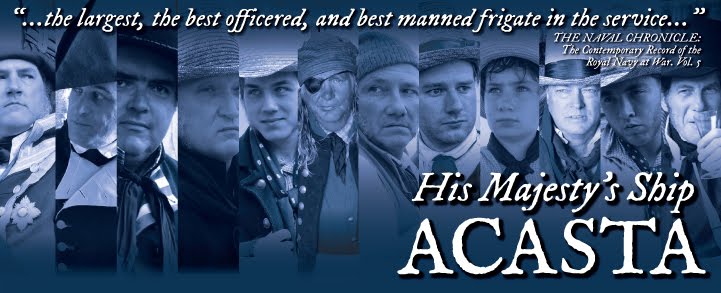Part IV
When Mr. Martin arrived two days later, it was early morning, and the sailors were all down by the road singing and swinging scythes to cut the overgrown lawn. He stopped the horse cart in the shade of a copse of trees along the road and watched them, it being an exceptionally efficient operation. Ten men were spread out in a line, and would swing their scythes in unison near the end of each verse,
Safe and sound and HOME again
Let the waters ROLL jack
Two men were by the old gate grinding the age and corrosion off several extra blades, and the youngest sailors, only boys really, were gathering the fresh cut grass in their arms in great bunches and carrying it up toward the house.
One of the boys was gathering grass near him and Martin called out to him over the low stone wall, “Wherever did they find so many scythes?”
The toe-headed boy turned and squinted, the sun being full in his face, “On account they was in the ol’ barn sir.” he said.
Martin urged his horse onward and up the path to Purvis Lodge, stopping near Mr. Higgins’ outdoor kitchen once again with his cart full of beer. The sailors had all the empty barrels gathered there for him to take back to the Plow.
“Good morning Mr. Higgins.” Martin offered as he got down out of the cart, and for the life of him he thought he heard Higgins offer something to the effect of a reply he could nearly understand.
Higgins brought Martin a cup of coffee and made, what Martin could only interpret as a friendly face. The old sailor spoke, and Martin only understood the final slurred word, which seemed to be “SIR”. Higgins’ statement had the intonation of a question about it, and the old fellow looked at him, eyebrows raised, expectant for an answer, but Martin found himself quite at a loss.
After a brief pause, each man looked about to see if they could find Nithercott, but he was nowhere to be seen. One of the boys arrived with a parcel of long grass from the front lawn under his arm and deposited it on an ever growing pile near the outdoor kitchen. Higgins motioned for the boy to come over and held on to the lad’s shirt collar as he spoke to him.
When the old fellow was done, the boy turned to Martin, knuckled his brow in way of a naval salute, and translated.
“Mr. Higgins’ compliments sir, and he thanks you for the beer…” Higgins corrected the youth by way of a nudge, “...for the fine beer sir, he also wishes to know if you would be agreeable to the men coming into the village a few at a time to take some of their meals at your establishment?”
“Oh!” replied Martin, “Oh yes certainly, I should be quite agreeable to that.”
“Oh thank you sir!” The lad cried spontaneously, “We shall be much obliged to you sir. We’ll be on our best manners and won’t break up the furniture or nothin’.”
Higgins shoved the lad back toward his duty, and the boy was halfway down the lawn when he called exuberantly back over his shoulder with a wave, “Thank you so very much sir!”
Over the course of the next few days, the sailors would wander into Stoke for the evening and have a meal at the Plow. It was never the entire group, usually around four or five of them, and never the same group twice, almost like small shore leave parties being allowed away from a ship. They were always well behaved, almost as if they were on duty. Martin noted that the only unpleasant one was old Higgins, but then surmised that perhaps he only seemed so due to his rough way of speech and the fact that no one outside of his group could understand him.









































